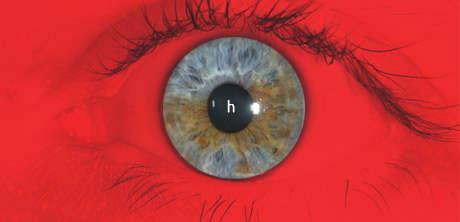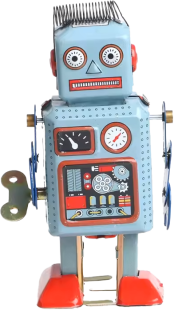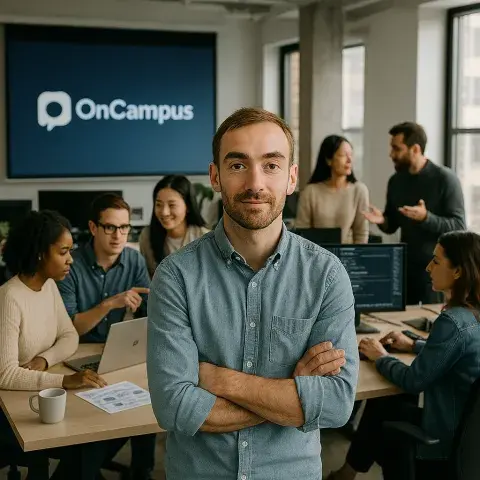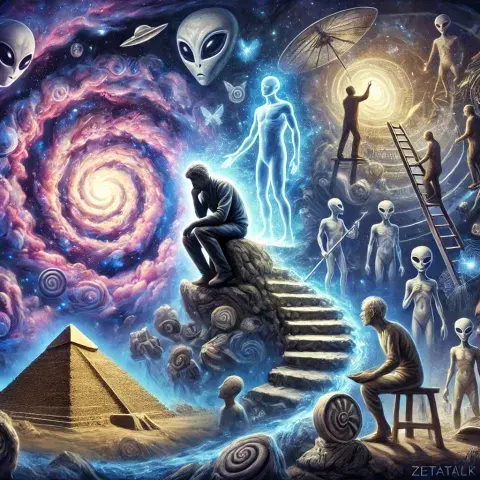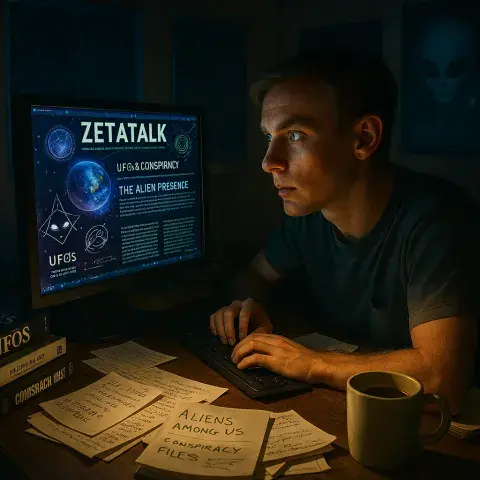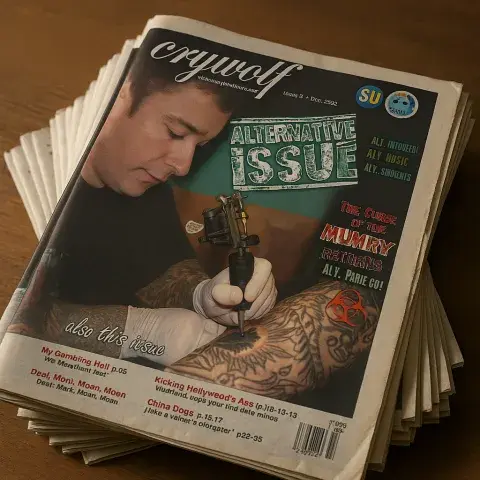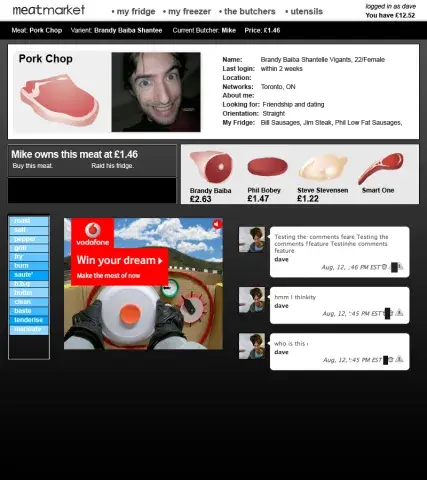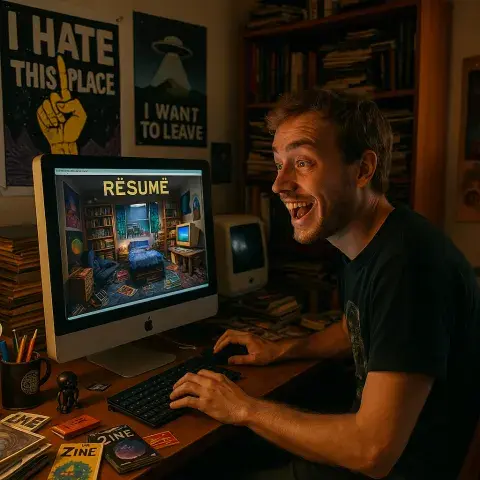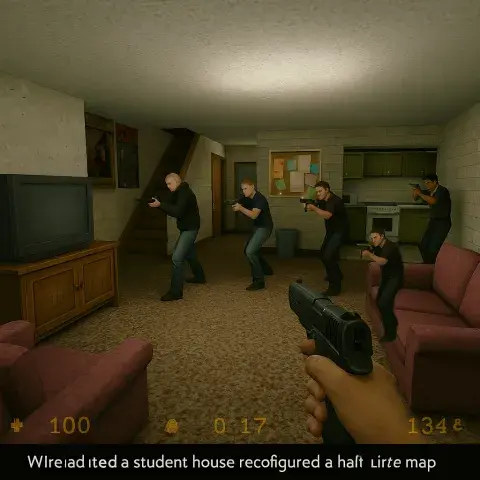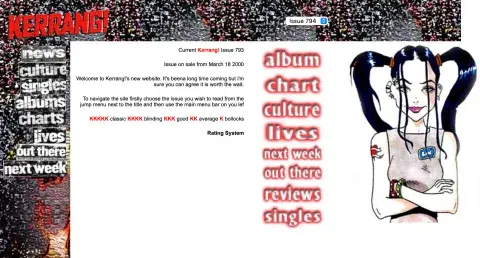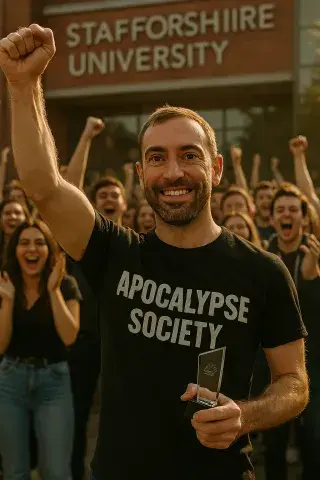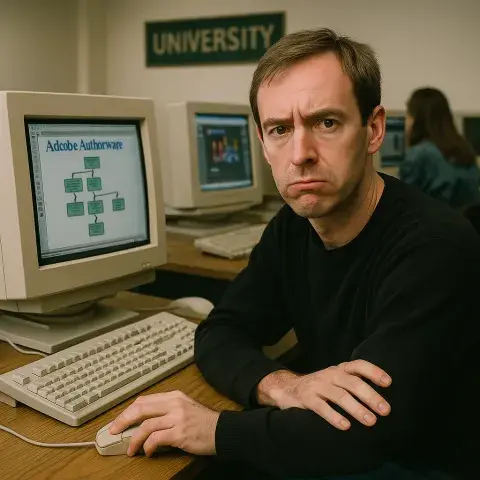Chapter 64 - The Rapper and the Thief
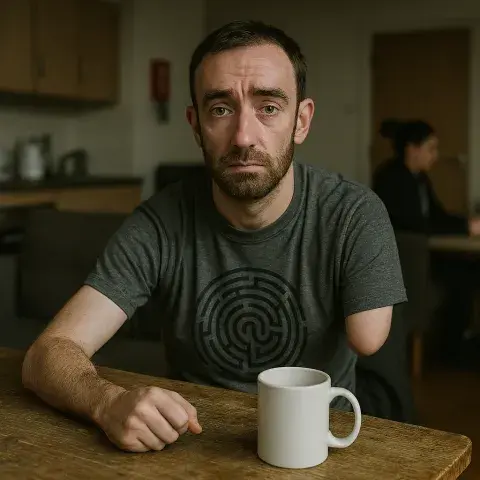
Supported accommodation was supposed to be a sanctuary—a place to heal and rebuild after the worst chapter of my life. Instead, it became a battleground where I learned that evil doesn’t always lurk in shadows; sometimes, it blares through thin walls, masked behind terrible rap music.
I was at my lowest when I moved in, reeling from the trauma of losing my arm and the storm of emotions that followed. I wasn’t in a sound state of mind to handle conflict, much less the sinister drama that was about to unfold.
One day, I stepped out and noticed something unusual at the mail area. My letterbox was smashed open, the metal mangled like it had been attacked by a crowbar. I stood frozen, unable to fully process what I was seeing. I’d like to think that under normal circumstances, I would have pieced things together more quickly. But back then, I was too fragile, too exhausted to connect the dots.
The block had a mix of residents, some of whom were genuinely decent people. I struck up a few friendships, grateful for moments of camaraderie in an otherwise bleak existence. But then there was him.
He called himself Terror TelBoy.
If Eminem had a bottom-of-the-barrel knockoff who could clear the streets not because of fame, but because of terrible rapping, that was TelBoy. He wanted so badly to be a superstar that he subjected the entire block to his endless, cringe-worthy lyrics, blasted through thin walls for hours on end.
It didn’t take long to figure out he was my antagonist.
One day, I got the news: this wannabe lyricist had committed outright fraud, applying for a credit card in my name. My name. The one thing I clung to as I rebuilt my identity, tarnished by someone who apparently thought being a scumbag was his way to fame.
Against all odds—and basic financial vetting—he succeeded. He managed to get approved for a £7,000 credit limit in my name and blew through half of it before the card was blocked. By the time I discovered this, the damage was done. My life, already hanging by a thread, took another punch to the gut.
What infuriates me most isn’t just the theft itself. It’s the timing. Do you know how much I could have used that credit? How many nights I stared at bills, scraped through the fridge, trying to make life work, all while this asshole maxed out stolen money to God-knows-where?
I went to the authorities, hoping for justice. Sadly, there was little they could do—lack of proof, they said. Official channels failed me entirely, and I was left powerless to confront the thief through any legal means.
So, I sent him a letter. Not the angry tirade he might have expected—though anger practically poured through my veins. No, I went straight for the one thing I knew he’d never recover from: his rapping. I made it abundantly clear how absolutely horrendous his music was, shredding every metaphor and rhyme scheme he’d ever tried.
He may have stolen money, but at least I stole the one thing that mattered to him: his delusions of being the next Eminem.
In the end, I survived—just about. My sanctuary may have been broken, but my spirit, bruised as it was, found a way to fight back, even if that meant letting words be my weapon.
But just when I thought the worst was behind me—when I started to believe I was safe again—betrayal came in a different form. This time, wearing a smile.
At the time, things were already tough enough. After everything that had happened — losing my arm, navigating the world with one hand — life felt like one giant uphill struggle. It was a daily grind just to get by, and I could barely keep my head above water. Yet, there was someone who seemed to keep me afloat in the form of Luigi. He was there almost every day, offering his support, being strangely understanding as I adjusted to my new reality. Every day, he would do something nice: take me out for a coffee, check up on me, and offer reassuring words. It was something I sorely needed, but little did I know, there was a darker side to Luigi that would soon come to light.
Luigi, as it turned out, wasn’t the angel I thought he was. He was obsessed with crypto. A maniac, really, always talking about the potential fortune it could bring. When he found out I didn't have a passport to buy crypto for myself, he offered to help me out. “Trust me,” he’d say, “I’ll invest on your behalf. When you get the passport, I'll transfer it back to you.”
That should have been my first red flag, but I was in a vulnerable position. I didn’t have a passport, and I really needed to make my life better. So, I did what I thought was a simple favour: I handed over £4k to Luigi, trusting him to invest it and get back to me once I could sort out the paperwork. At the time, I felt like I had no other choice, especially as I was still in the midst of a financial mess and a heap of emotional pain.
Time passed, and I got my passport. I reached out to Luigi, expecting to see some returns, or at least for him to honour his promise to return the money. But that’s when everything started to crumble. I reached out time and again, but my messages went unanswered. When I did manage to get in touch, he had mysteriously scrubbed his surname from his social media profiles, almost as if he was trying to erase any trace of his involvement with me.
The realisation hit hard, and it came too late. Luigi had conned me — invested my money for himself and then disappeared. The money was gone, and I had no way of tracking it back. To make things worse, it wasn’t just money he took; it was my trust, my faith in a friendship that I thought would last. I felt completely and utterly betrayed.
But I wasn’t going to let him get away with it. I wasn’t going to roll over and accept it. No, I had to take action. So, I did what anyone with a sense of justice would do: I took him to court. It wasn’t easy — especially after everything else I’d been through — but I made it through. And in the end, I won. The money didn’t come back. My mind didn’t magically heal. But it was a victory, a small one, and I held on to it for dear life.
But that victory didn’t end the way I expected. There was a moment — one that stands out as surreal in this whole mess — when the urge for revenge hit me. You know, Luigi had managed to hurt me in the worst way possible. He had not only stolen my money, but also preyed on my vulnerability. I was mad. Furious. I had a plan — a twisted one, granted, but it was a plan nonetheless. I had two women in mind, Heather and Valerie, who could pull it off perfectly. They were amazing actors, and they agreed to confront Luigi at his house, in front of his new wife and baby, claiming that they hadn't been paid for sex. They could turn the scene on so intensely, I was sure it would leave him rattled.
But then I thought about it. I asked myself: Was that really the kind of revenge I wanted? Was it worth it? Even though every inch of me screamed for retribution, something stopped me. I couldn't follow through. I couldn’t lower myself to his level.
Instead, I tried one more message, pouring out all the hurt, all the desperation I had been feeling. “At this point, I have to presume you are just scamming me — just a cliché Romanian thief? I’ve been financially fucked for no reason, I had to work for 6 months to earn that! I can’t believe you would rob a disabled, mentally unwell person… It’s unbelievable. I’ve been evicted and it’s all your fault.”
I expected some sort of response, anything. Maybe guilt would finally get to him. But his reply was... to block me.
That was it. I had said everything I needed to say, and all he did was shut me out. Blocked. Not even a single ounce of acknowledgment for what he had done, for the damage he had caused. It hurt, but in some strange way, it also gave me a sense of closure.
Now, Luigi will never be a part of my life again. But I survived it. I survived the betrayal, the humiliation, the financial and emotional pain. And in the end, I realised something important — that I had the strength to move forward, regardless of how low someone tried to take me. Maybe that’s the best revenge of all.
